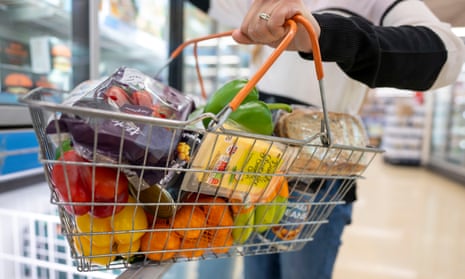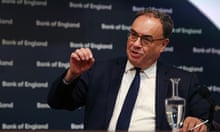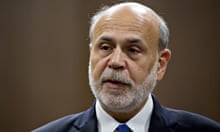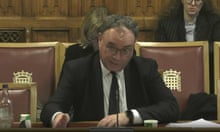At last, UK inflation has fallen far and fast enough to start to match countries such as France, where the annual rate of price rises has reduced at a faster pace this year.
At 3.9% last month, the headline figure remains almost double the 2% target set for the Bank of England but significantly lower than the 11.1% peak in October last year and below the 5.3% target Rishi Sunak set for the end of 2023.
Even better, many prices dropped month on month. On the supermarket shelves, white and wholemeal sliced loaves and packs of cakes all fell between October and November after a rise in the same period a year ago.
However, as unions, thinktanks and the Labour party among others have pointed out, the cost of living crisis of the past two years is still being felt keenly by many. Food prices were 29% higher last month than they were in September 2021, and energy prices were 66% higher.
This helps to explain why, in a recent survey by the Resolution Foundation thinktank, twice as many families said their finances were in a worse position in the autumn than those who said they had improved.
Much of the decline in food costs relates to the downward trend in oil prices, which plays a big role in the budgets of transport companies. Recent falls in the price of oil are mainly in response to tumbling demand across much of Asia and Europe, where high interest rates have taken a toll on consumer and business spending. However, there are fears the recent cessation of shipping traffic through the Red Sea after attacks from Houthi rebels protesting against Israel’s war on Hamas in Gaza could send energy and supply chain costs rising again.
High interest rates in the UK have proved less effective so far in persuading services companies to ease back on price rises, prompting the National Institute of Economic and Social Research to say there was “still some way to go before inflation reaches the Bank of England’s target”.
Services companies – from marketing firms to big banks – have bucked the trend, blaming higher staff wages for their persistent price increases. Excluding fuel and food from the inflation rate gives a measure of core inflation, and this only dropped from 5.7% to 5.1%.
Will services companies stop passing on higher costs during 2024? This is a major concern of the Bank of England and appears to be the main reason it will keep interest rates high next year.
after newsletter promotion
By contrast, investors have trimmed their forecasts for when the central bank will start bringing down interest rates, fully pricing in the first from next May, possibly as early as March.
It is a sign of a growing disconnect between markets and interest rate setters. Traders are betting that central banks cannot risk causing a recession by keeping rates higher for longer, especially in 2024, when most countries have major parliamentary elections.
Central bankers, in the main, are reluctant to hint at early cuts, in case they make consumers relax about the likelihood of a return to cheap borrowing, pushing up demand and with it consumer prices. It is a cat and mouse game and the outcome is uncertain.
In France, the economy is undergoing a dramatic slowdown, and without cuts in interest rates, there is a fear that unemployment will rise and social unrest will grow. That could be the UK’s fate next year if services companies insist on passing all the pain of higher costs to their customers.









